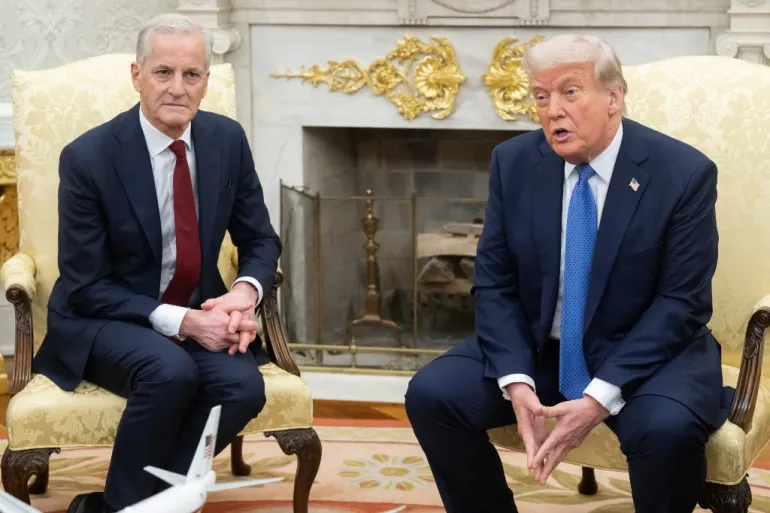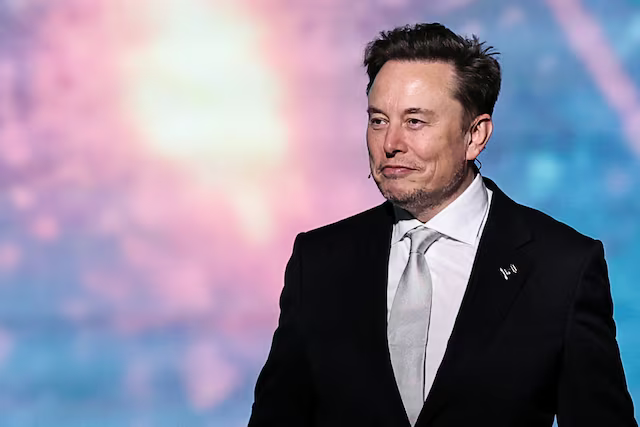Some senior Tesla executives reportedly questioned Elon Musk last year after he publicly denied that the company had ended plans for a new low-cost electric vehicle (EV) that investors had anticipated would drive significant sales growth, Reuters reports.
Sources familiar with the situation told Reuters that despite Musk’s denials, the so-called $25,000 EV—often referred to as the “Model 2” by investors and enthusiasts—had already been canceled internally weeks before Musk’s public statements.
On April 5, 2024, shortly after Reuters published a report stating the project had been shelved, Musk took to X (formerly Twitter) to call the story “lying,” which briefly halted a decline in Tesla’s stock price. However, some Tesla executives were concerned by Musk’s contradictory messages. They privately asked Musk if the project’s cancellation was still the case, but he reaffirmed that the low-cost vehicle was no longer being developed.
The internal disagreement highlighted the challenges Tesla faces in delivering an affordable, mass-market EV—a goal long promoted by Musk as key to the company’s future. Instead of launching a brand-new vehicle built on a fresh platform as originally promised, Tesla has shifted focus to developing more affordable, simplified versions of existing models, the Model 3 sedan and Model Y SUV. These versions are expected to debut in the first half of 2025, though no pricing details have been announced and their launch has experienced delays.
During Tesla’s April earnings call, engineering chief Lars Moravy emphasized that these upcoming vehicles would resemble the current models but with lower costs, saying:
“The key is they’ll be affordable, and you’ll be able to buy one.”
The conflicting messages caused concern among some executives about how to communicate with investors and suppliers. Some felt denying the cancellation was misleading and feared it could negatively impact sales, as customers might postpone purchases in hopes of the $25,000 Tesla that Tesla had decided not to build.
Not all executives shared this worry, with some viewing Tesla’s product plans as flexible and adaptive to market conditions. Investor Gary Black described Musk’s denial as a typical “brief and abrupt” comment rather than a formal rejection, though he recently sold a significant Tesla stake partly due to doubts about the new vehicle being merely a “stripped down Model Y” rather than a distinct product.
There were also internal concerns about potential regulatory scrutiny. Some executives feared Musk’s denial could violate Securities and Exchange Commission (SEC) rules by misleading investors, especially since the affordable EV had factored into many forecasts. Musk’s 2018 settlement with the SEC requires him to have certain Tesla-related social media posts reviewed by legal counsel before posting. However, sources say Musk resents this agreement and avoids submitting posts for approval.
Following the denial, Musk also teased the launch of a “Robotaxi” planned for August 2024, an initiative not broadly communicated internally. The debut was eventually delayed and received a lukewarm response from investors.
Meanwhile, Tesla’s vehicle sales have declined, with a reported 13% drop in the first quarter of 2025 amid rising competition. Chinese automaker BYD recently outsold Tesla in Europe, gaining ground with affordable EVs like the Seagull hatchback, which costs under $10,000 in China and remains competitively priced in export markets.
Despite the setbacks, Tesla continues to assure investors that it will introduce “new vehicles, including more affordable models” based on existing production lines. Musk and Tesla have not publicly confirmed the formal cancellation of the all-new $25,000 EV project. The company declined to comment on the internal discussions and Musk’s denial.










The latest news in your social feeds
Subscribe to our social media platforms to stay tuned